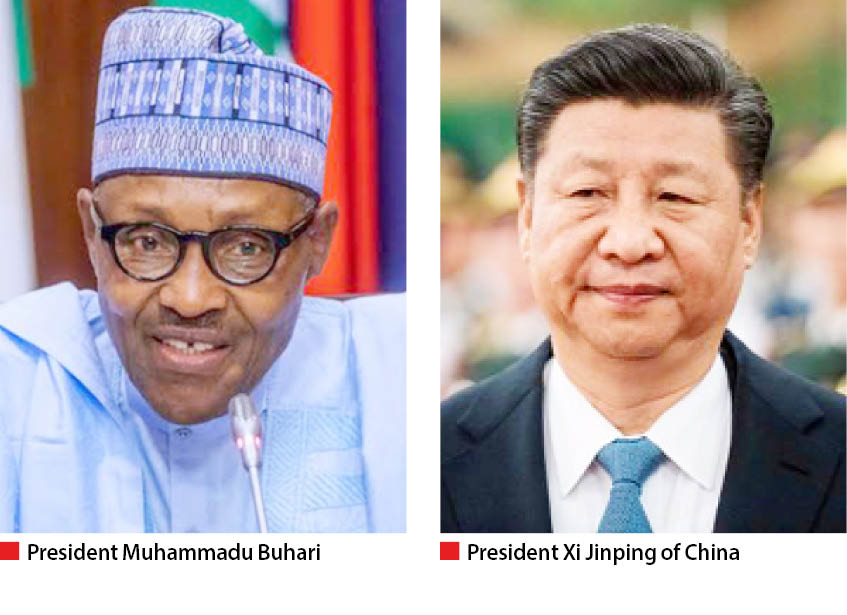On the 10th of February, 1971, a decade after Nigeria gained independence and not so long after the civil war, the China-Nigeria diplomatic tie was established based on peaceful togetherness, shared economic development strategy, and political solidarity in their multilateral relations.
Although Nigeria was not at par with the practical development of the People’s Republic of China, both countries operated on sovereign equality. Since then, relations between the African and the Asian giants have blossomed in various sectors including fintech, construction, oil, banking, manufacturing, transportation, power and general merchandise. China remains one of Nigeria’s closest allies and partners to this day.
- Leaders reach common ground to save Nigeria
- Strengthening Nigeria-China relationship for mutual progress
A 2014 BBC World Service Poll reported that 80 per cent of Nigerians view China’s influence positively, making Nigeria the most pro-Chinese nation globally. This sentiment can be traced to the deliberate policy of government in the 60’s to attract Hong Kong/ Chinese direct investment. Most were sighted in Lagos, Kaduna and Kano. Further, Nigeria benefited from major Chinese development financed projects from 2000 (to date), costing excess of USD3 billion. China has a significant financial interest vested in Nigeria with loans primarliy for infrastructural development.
There is no doubt that relations between China and Nigeria have deepened exponentially. Trade and Investment between these two countries were estimated at over USD50 billion in the past three years. Currently, an estimated 218 active Chinese companies in Nigeria are deeply engaged in various sectors of the economy. The President, China Chamber of Commerce in Nigeria, Ye Shuijin, recently said Chinese-owned companies operating in Nigeria generate sales of about USD20 billion.
One significant similarity that defines the existing bond between these two countries is the many geopolitical factors that they both face. The first is demography. Nigeria is the most populous nation in Africa. Likewise, China has the most significant population in Asia and the entire world. Suffice to say that both countries have similar demographics and development agenda.
As one of the global technology leaders with innovative and highly competitive technology companies, China looks to replicate their successes beyond the Chinese market. One of the markets that have benefited from this expansion is the Nigerian tech sector. Nigeria is taking advantage of collaborations for knowledge exchange and transfer. Evidence of these collaborations is in Tech where Nigerian tech companies provide business solutions to banking, education, and other sectors.
The education sector has also gained tremendously from this relationship through an increased number of Chinese Government Scholarships, exchange programmes and the establishment of Confucius Institutes (CI) for Chinese language teaching – cooperative ventures with local colleges and universities. There has also been an encouragement of teaching African languages in Chinese universities.
With the most significant African population (about 10,000 Nigerians) in China, and massive influx of Nigerian traders to China, the relationship between Nigeria and China has grown beyond just international and diplomatic ties. The presence of a vast Nigerian community in Guangzhou encouraged the governments in Abuja and Beijing to open a consulate-general in that city to further harness mutual understanding to help strengthen the ties between both countries.
As Nigeria joins the government and the people of China to usher in the Chinese New Year, on February 1, with enthusiasm, there is a renewal in the hope that our similarities across cultures and values will realise the shared vision of achieving sustainable development through further consolidation of our alliance.
Korede Adenowo is an Executive Director at Standard Chartered Bank Nigeria Limited, Lagos

 Join Daily Trust WhatsApp Community For Quick Access To News and Happenings Around You.
Join Daily Trust WhatsApp Community For Quick Access To News and Happenings Around You.


